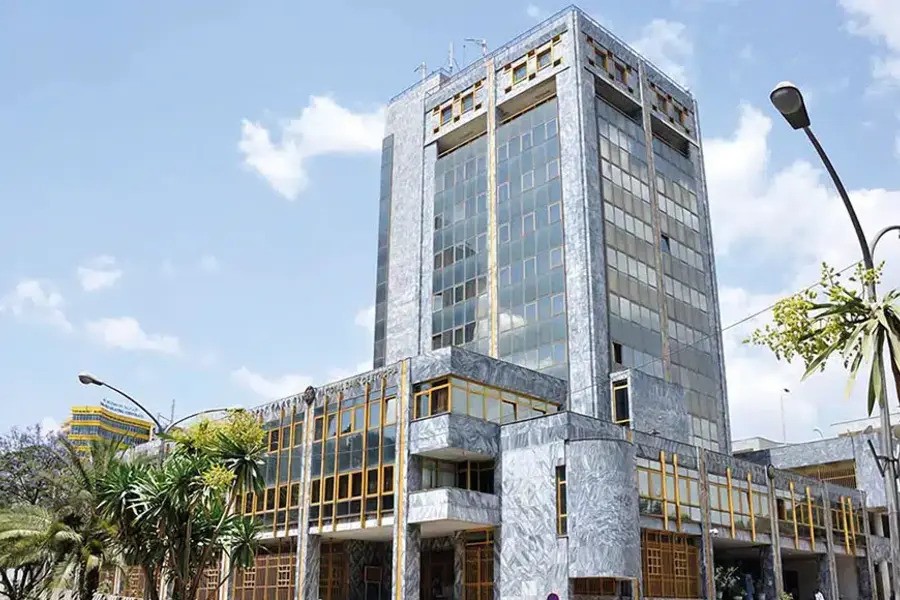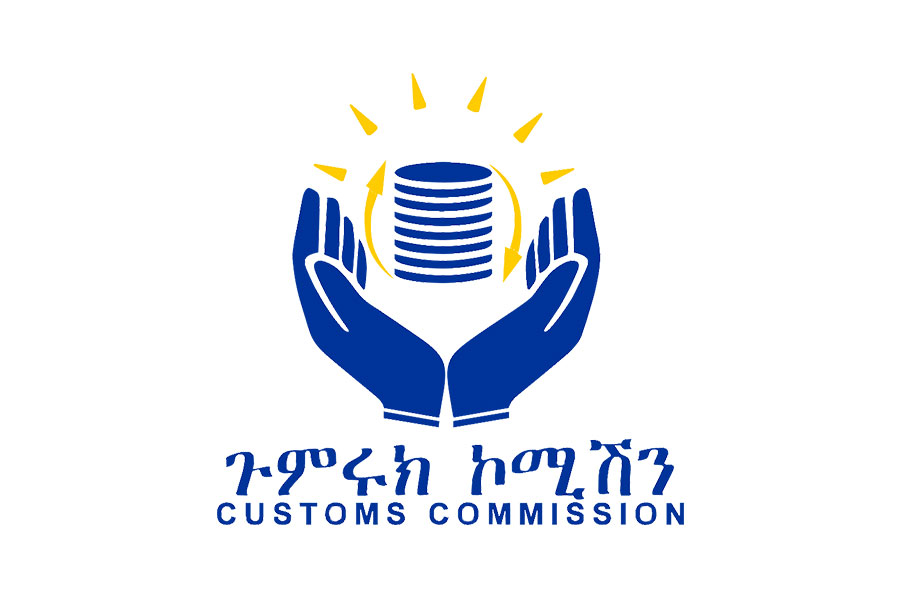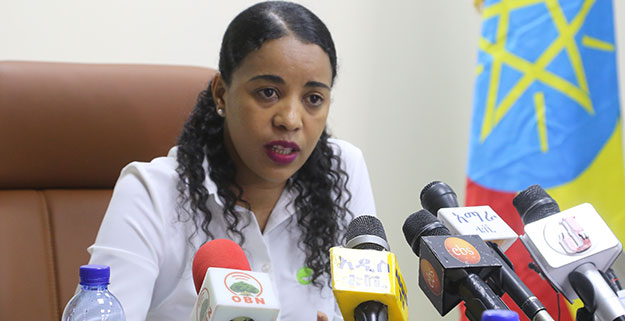
Nov 26 , 2022
By Paul Lavy
Ethiopia's Internet connectivity significantly lags behind its peers, Kenya and Sudan. Hosting a forum on Internet governance is a timely wake-up call it cannot afford to ignore, writes Paul Lavy, a Kenyan Internet access youth advocate.
As Ethiopia hosts a forum on Internet governance next week, three fourth of its more than 119 million citizens may not follow the proceedings as they are not connected to the Internet.
Very few may even know this event is happening. The Horn of Africa country grapples with a 25pc Internet penetration rate, according to the latest figures by the World Bank. That is a drop of water in the ocean for a country almost twice the size of the United Kingdom (UK) in population. This year's forum should challenge the country's leadership to pace up efforts in fast-tracking Internet penetration.
Comparing its figures with those of its neighbours, Ethiopia's Internet penetration does not seem to measure up to its level of economic growth. Despite being a consistent global leader in economic growth over the last 15 years, the country's Internet connectivity significantly lags behind its peers, Kenya and Sudan.
Kenya, a neighbour to the south of Ethiopia, has 29.5pc of its 54 million population connected to the Internet. Meanwhile, Sudan's Internet penetration stands at 28.4pc against a population of 44 million. This leaves Ethiopia with nearly 90 million people unconnected to the Internet, against about 33 million and 27 million people in Kenya and Sudan, respectively.
The forum presents a golden opportunity for Ethiopia to dialogue with its leaders to resolve the status quo. As President Sahlework Zewde welcomes dignitaries this week to the capital for this global Internet discourse, it is time to reflect on her country's progress in connecting the unconnected, most of whom live in rural areas.
Over the last 10 years, Ethiopian numbers have risen by about 23pc. However, the government's monopoly of the telecom industry has significantly slowed down penetration. While the country's liberalisation of the market and establishment of the Ethiopian Communications Authority (ECA) to regulate telecommunication in 2019 is commendable, full opening up is necessary to speed up accessibility increase. There is much to be done to balance the economic growth rate with Internet penetration.
The forum is a challenge in privilege to increase efforts in extending Internet infrastructure to the country's forgotten corners.
This year's forum underscores Ethiopia's importance in global Internet issues and should increase the urgency to scale up the country's role in connecting the world. As a developing country, there is a temptation to disregard the Internet for a secondary need. Most such countries grapple with issues like hunger, health crises and housing and view the Internet as an afterthought. Yet the role of the Internet in enhancing economic well-being is undoubted and should be the basis for Ethiopia's prioritisation for improving access.
In hindsight, if Ethiopia had aggressively pursued scaling up Internet penetration as it did economic growth over the last 15 years, its spot in the global economic growth list would be even more solid. This year's forum allows the nation to reflect and redefine its priorities. It is an opportunity to make new commitments to leapfrog Internet penetration in the country. It is, by all means, an underscoring of Ethiopia's immense untapped potential whose exploitation should top its to-do list after the forum concludes.
Ethiopia needs to widen its efforts in improving Internet access to make good use of this once-in-a-lifetime opportunity. As the seat of the African Union (AU) and now an upcoming economic powerhouse in the continent, the country should be a meeting point for more than multilateral conventions. With one of the fastest-growing economies in the world, it should, at the very least, be a continental leader in technology.
Hosting the forum on Internet governance is a timely wake-up call that the country cannot afford to ignore.
PUBLISHED ON
Nov 26,2022 [ VOL
23 , NO
1178]


Fortune News | Aug 11,2024

Commentaries | Feb 23,2019

Commentaries | Jan 18,2020

Fortune News | Nov 27,2022

View From Arada | Nov 14,2020

Commentaries | Oct 31,2020

Life Matters | Mar 18,2023

Commentaries | Jul 10,2020

Fortune News | Jul 18,2021

Fortune News | Jun 23,2019

My Opinion | 131656 Views | Aug 14,2021

My Opinion | 128020 Views | Aug 21,2021

My Opinion | 125983 Views | Sep 10,2021

My Opinion | 123607 Views | Aug 07,2021

Dec 22 , 2024 . By TIZITA SHEWAFERAW
Charged with transforming colossal state-owned enterprises into modern and competitiv...

Aug 18 , 2024 . By AKSAH ITALO
Although predictable Yonas Zerihun's job in the ride-hailing service is not immune to...

Jul 28 , 2024 . By TIZITA SHEWAFERAW
Unhabitual, perhaps too many, Samuel Gebreyohannes, 38, used to occasionally enjoy a couple of beers at breakfast. However, he recently swit...

Jul 13 , 2024 . By AKSAH ITALO
Investors who rely on tractors, trucks, and field vehicles for commuting, transporting commodities, and f...

Jun 28 , 2025
Meseret Damtie, the assertive auditor general, has never been shy about naming names...

Jun 21 , 2025
A well-worn adage says, “Budget is not destiny, but it is direction.” Examining t...

Jun 14 , 2025
Yet again, the Horn of Africa is bracing for trouble. A region already frayed by wars...

Jun 7 , 2025
Few promises shine brighter in Addis Abeba than the pledge of a roof for every family...

Jun 29 , 2025
Addis Abeba's first rains have coincided with a sweeping rise in private school tuition, prompting the city's education...

Jun 29 , 2025 . By BEZAWIT HULUAGER
Central Bank Governor Mamo Mihretu claimed a bold reconfiguration of monetary policy...

Jun 29 , 2025 . By BEZAWIT HULUAGER
The federal government is betting on a sweeping overhaul of the driver licensing regi...

Jun 29 , 2025 . By NAHOM AYELE
Gadaa Bank has listed 1.2 million shares on the Ethiopian Securities Exchange (ESX),...